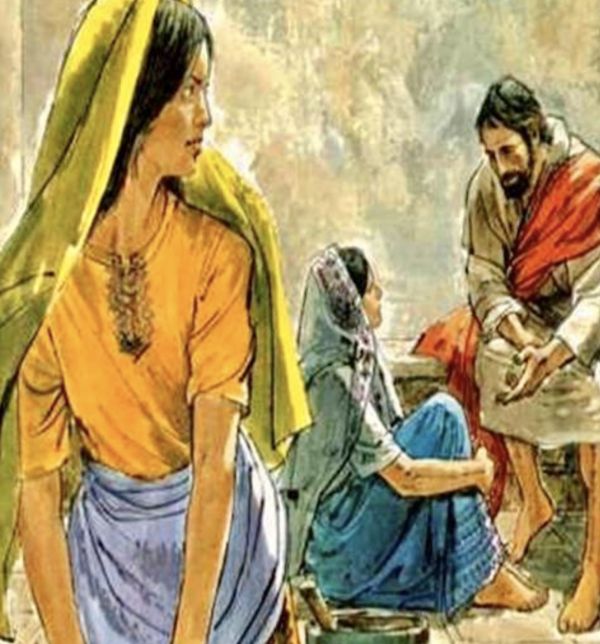Francis of Assisi, the Wise and the Little One of God, always had a clear conscience about the importance and necessity of the contemplative life, tempered by work that keeps away idleness and conforms to Christ. He demanded this for himself and for his friars. He went so far as to say that serving his brothers was worth more than any stay in the hermitages, where he himself loved to go when he could.
We read in his writings: "And I worked with my hands, and I want to work; and I firmly want all the other friars to work in a way that is fitting for honesty. Those who do not know how to work should learn, not out of greed for the reward of work, but to set an example and keep away from idleness" (FF 119).
Furthermore: "We are convinced that [...] those who live differently in hermitages have been severely rebuked. For many transform the place of contemplation into idleness and reduce the hermitic way of life, instituted to enable souls to attain perfection, to a place of pleasure [...] Certainly, this rebuke is not for everyone. We know that there are saints [...] who follow excellent rules in the hermitage" (FF 765).
Even among the friars there was discussion about whether to live a life of contemplation or action. In fact, in the Leggenda Maggiore it is written:
"While they were steadfast in their holy purpose and approaching the valley of Spoleto, they began to discuss whether they should spend their lives among people or dwell in solitary places.
But Francis, the servant of Christ, not trusting in his own experience or that of his companions, entrusted himself to prayer, to seek insistently what the divine will was on this point.
He was thus enlightened with an answer from Heaven and understood that he had been sent by the Lord for this purpose: to win souls for Christ [...] And so he chose to live for everyone, rather than for himself alone, inspired by the example of the One who deigned to die, He alone, for all men" (FF1066).
But love for prayer and listening to the Word always accompanied his actions and those of his friars.
"His tireless devotion to prayer [...] had brought the man of God to such clarity of mind that [...] he scrutinised the depths of Scripture with a clear and sharp intellect. He read the sacred books and kept firmly in his memory what he had once assimilated, for he continually pondered with affectionate devotion what he had heard with an attentive mind" (FF1187).
Transformed into prayer, without neglecting his duties:
Francis had a special predilection for the Word of God and, without neglecting his duties towards his neighbour, he always gave priority to listening to what the Lord asked or taught, fixing it firmly in his mind.
He had chosen the better part, the one that no one could take away from him.
In fact, the Sources teach us in this regard:
"He spent all his time in holy recollection to imprint wisdom in his heart; he feared going backwards if he did not always progress.
And if at times visits from secular people or other matters pressed upon him, he would cut them short rather than finish them, in order to take refuge again in contemplation [...]
He always sought a secluded place where he could unite himself not only with his spirit but with every member of his body to his God" (FF 681).
"Often without moving his lips, he meditated at length within himself and, concentrating his external powers inward, he rose with his spirit to heaven. In this way he directed his whole mind and affection to the one thing he asked of God: he was not so much a man praying as he was himself transformed into a living prayer" (FF 682).
He had understood the essence of the Gospel.
When he was sick and in pain, a friar who had learned from Francis to take refuge in the Scriptures and who now invited him to read them for relief, the Saint replied:
"It is good to read the testimonies of Scripture, and it is good to seek the Lord our God in them. But as for me, I have already taken so much from the Scriptures that it is more than enough for my meditation and reflection. I need no more, my son: I know Christ poor and crucified" (FF 692).
16th Sunday in Ordinary Time, year C (Lk 10:38-42)












